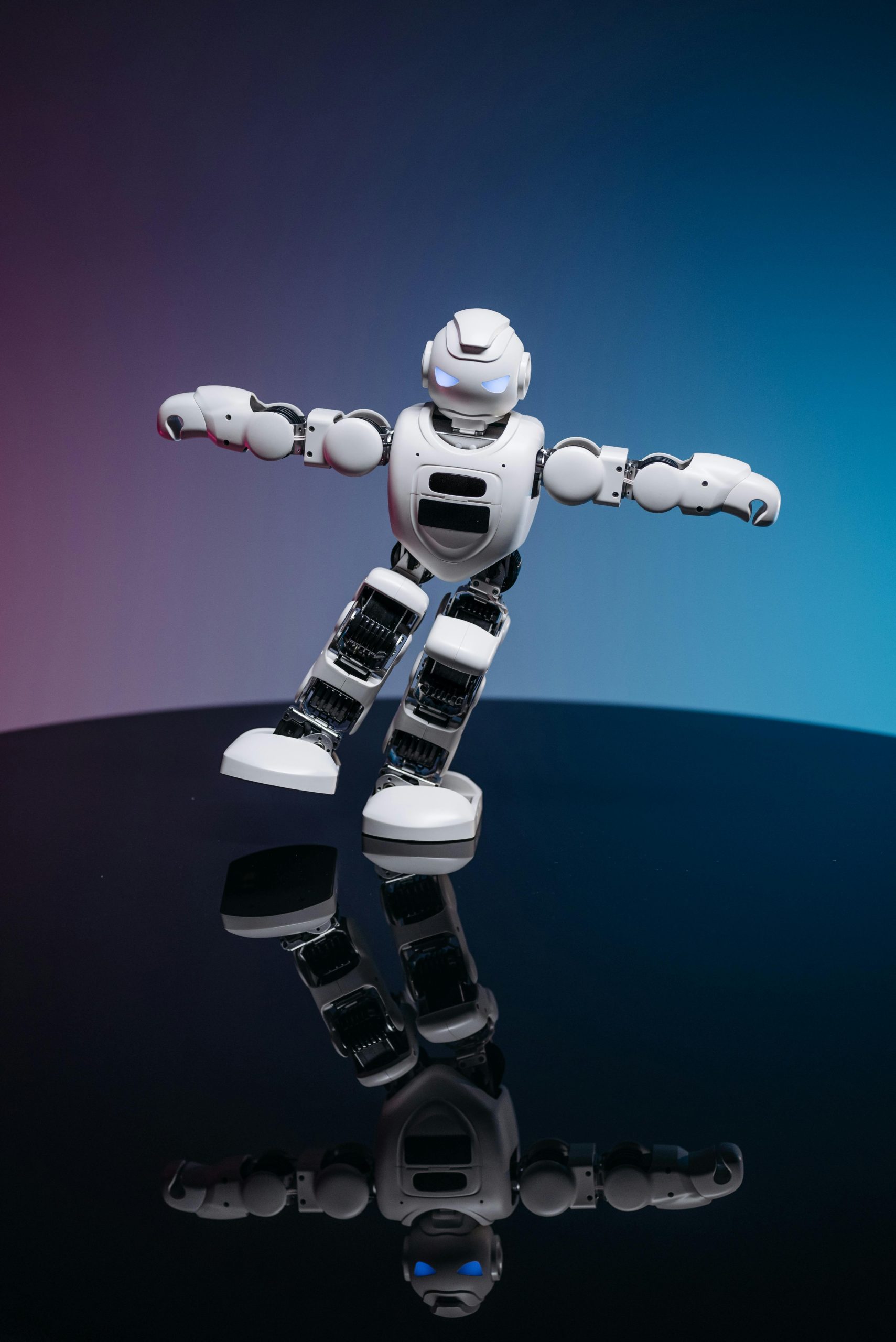Artificial Intelligence (AI) is no longer just a futuristic idea; it has already become a part of our daily routines. From virtual assistants to personalized shopping experiences, AI is changing the way we work, live, and interact. In this article, we’ll explore how AI is reshaping our lives in 2025, offering us enhanced convenience, efficiency, and personalized experiences.
Virtual Assistants: Smarter Communication with AI
One of the most widely recognized uses of AI in our daily lives is through virtual assistants like Siri, Alexa, and Google Assistant. These AI-powered systems use natural language processing (NLP) to understand and respond to voice commands. With just a voice command, users can check the weather, play music, set reminders, or even control smart devices at home.
By helping users multitask and stay organized, virtual assistants improve productivity and streamline everyday activities. Learn more about how NLP works and its impact on AI-powered tools at IBM Watson’s NLP Overview.
Personalized Shopping: AI-Tailored Recommendations
AI is transforming the shopping experience, making it more personalized and efficient. Leading online retailers like Amazon and Netflix use sophisticated AI algorithms to analyze your browsing history and purchase behavior, offering personalized product and media recommendations. This not only makes shopping more convenient but also helps users discover items they may have never considered before.
In physical stores, AI-powered systems are helping businesses optimize inventory management and predict trends, improving both customer experience and business efficiency. For example, AI can predict demand for specific products during seasonal sales.
To understand the evolution of AI in eCommerce, you can check out this research article by McKinsey.
Smart Homes and IoT: AI-Powered Comfort and Security
AI plays a critical role in the development of smart homes, where it’s used in devices like smart thermostats, lighting systems, and security cameras. AI-powered home devices, such as Nest Thermostat, learn from your habits and adjust to your preferences. For example, your thermostat can automatically adjust to your schedule, saving energy while keeping your home comfortable.
AI is also making our homes safer by enhancing security systems. Facial recognition software and anomaly detection via cameras ensure homes are secure, while also adapting to your daily routines.
For more on the Internet of Things (IoT) and AI integration in homes, check out this comprehensive article from Forbes.
AI in Healthcare: Revolutionizing Diagnosis and Treatment
AI is making significant improvements in healthcare, particularly in diagnostics and patient care. AI-powered tools assist doctors in detecting diseases, predicting patient outcomes, and developing personalized treatment plans. For instance, AI algorithms can analyze medical images (like X-rays and MRIs) to detect early signs of cancer, heart disease, and other conditions with greater accuracy.
Additionally, virtual health assistants and AI-driven chatbots are improving patient care by providing 24/7 medical support, managing chronic conditions, and scheduling appointments. This makes healthcare more accessible, especially in remote areas.
For deeper insights into the integration of AI in healthcare, visit AI in Healthcare by HIMSS.
AI in Transportation: Driving the Future of Mobility
Self-driving cars are one of the most exciting applications of AI in transportation. Companies like Tesla and Waymo are using AI algorithms and sensors to build fully autonomous vehicles. These cars can recognize obstacles, make decisions in real-time, and navigate complex environments without human intervention.
In addition to self-driving technology, AI is enhancing traditional transportation systems. Ride-sharing platforms like Uber and Lyft utilize AI to optimize routes and predict travel times. GPS systems also use AI to provide real-time traffic updates, suggest faster routes, and recommend better travel times based on historical data.
To explore how AI is transforming the transportation industry, refer to McKinsey’s report on AI and mobility.
AI in Education: Personalized Learning for Every Student
AI is also making strides in education, offering more personalized learning experiences for students. AI-powered platforms analyze performance data to tailor content, ensuring that lessons match the student’s learning pace and preferences. This creates a more efficient and customized learning environment.
Teachers benefit too, as AI can assist with administrative tasks such as grading and scheduling, giving them more time to focus on interactive, engaging lessons. AI-driven tutoring systems also provide additional help outside the classroom.
Learn more about AI’s impact on education in this EdTech article on AI-driven learning.
AI in Customer Service: Enhancing Support Efficiency
Customer service is one of the most rapidly evolving fields due to AI technology. Chatbots and automated systems now handle a wide range of customer queries, resolving issues quickly and efficiently. These AI tools can answer common questions, guide users through troubleshooting, and even manage simple tasks without human intervention.
In addition, AI can analyze customer interactions, helping businesses understand customer sentiment and improve their service quality. With 24/7 availability, AI enhances the customer experience by reducing wait times and providing instant solutions.
To see how AI is shaping the future of customer service, check out Zendesk’s AI and Customer Experience Insights.
Conclusion: AI’s Expanding Influence in Our Daily Lives
AI is seamlessly integrated into our everyday lives in 2025, offering new possibilities and benefits. Whether it’s making communication smarter with virtual assistants, personalizing shopping experiences, or improving healthcare and customer service, AI is reshaping the way we live, work, and interact. As AI continues to evolve, we can expect even more groundbreaking innovations that will further simplify our lives and open up exciting new opportunities.
